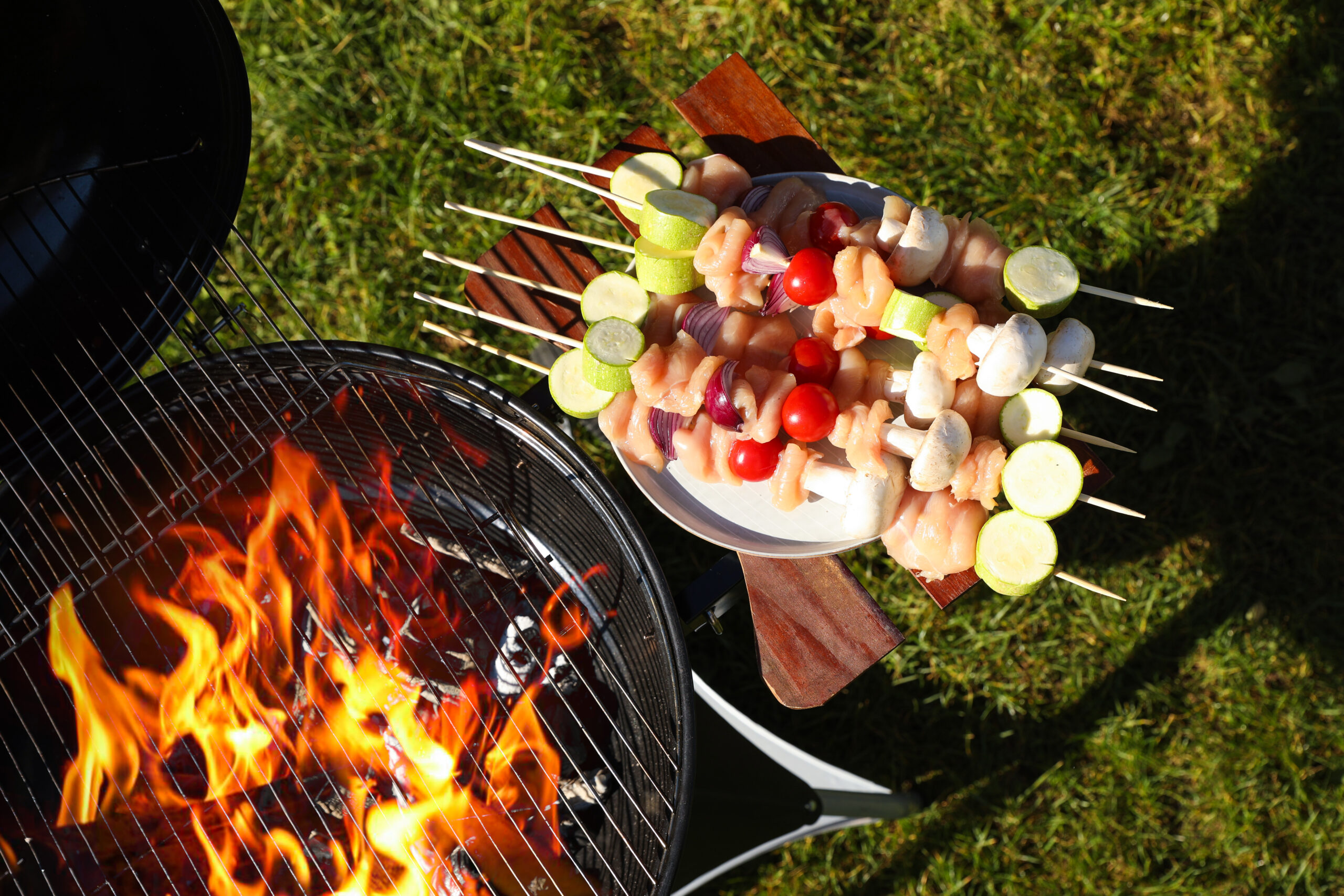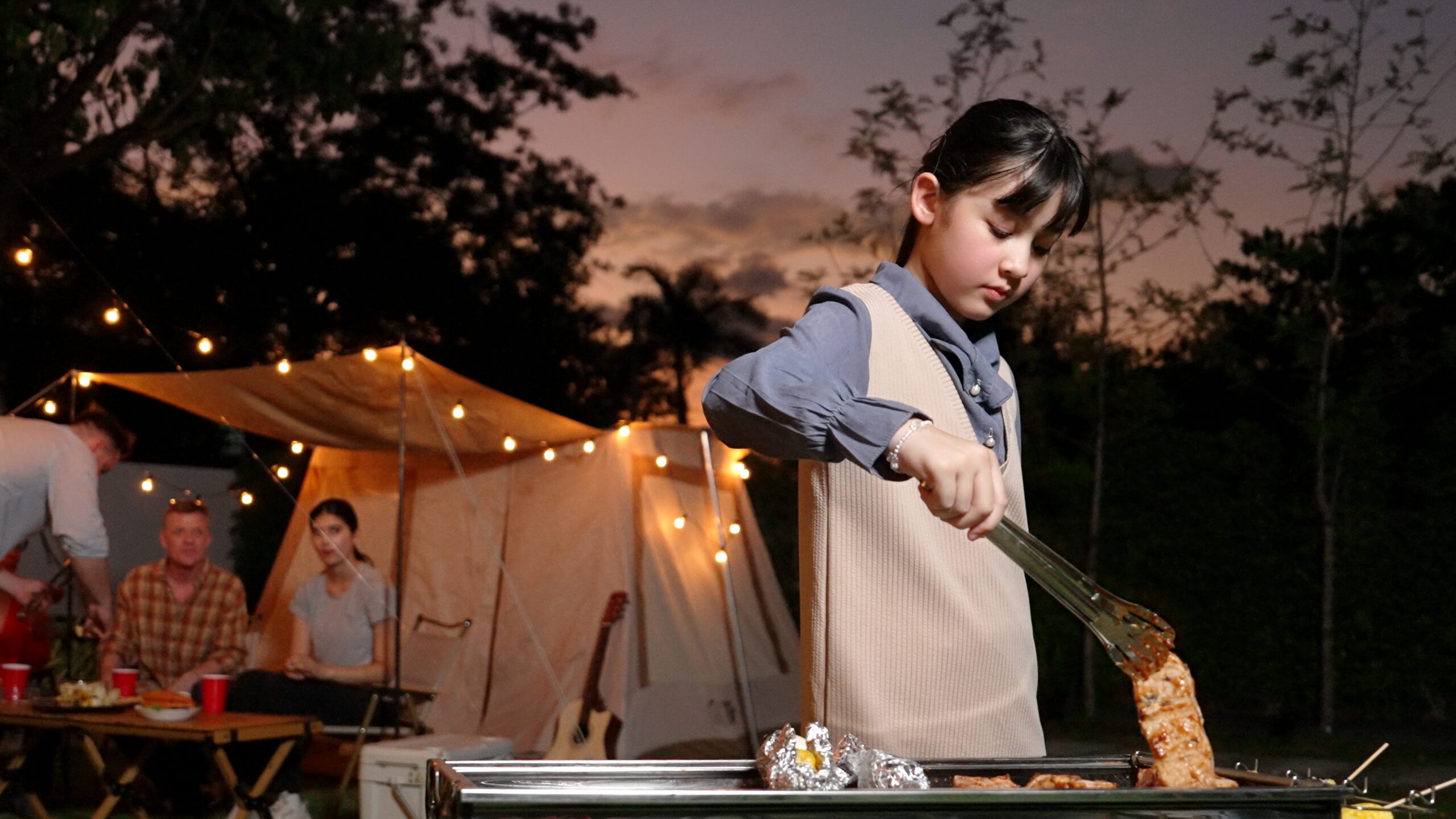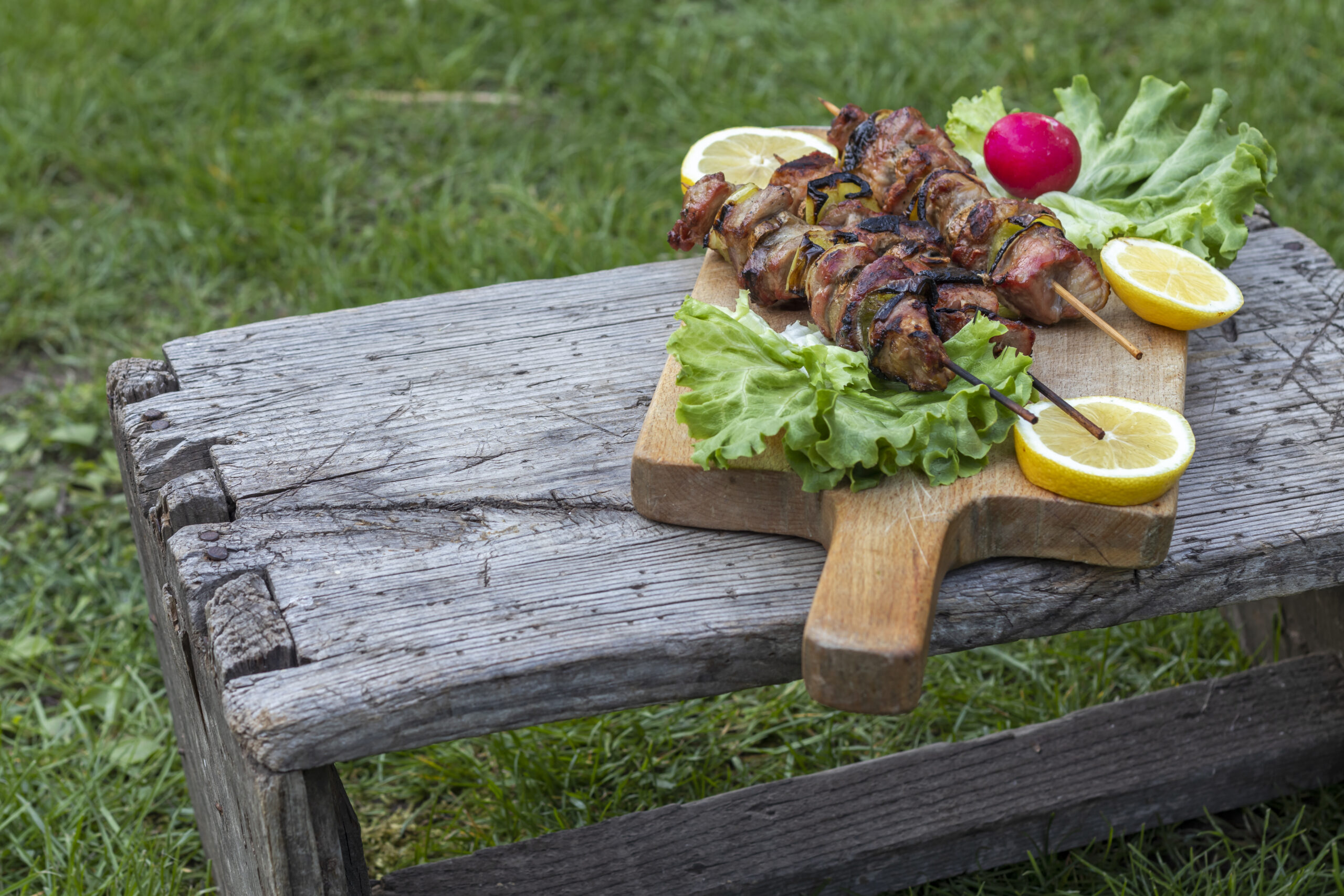The dawn of a new day at your campsite brings the perfect opportunity to enjoy a nourishing plant-based breakfast that will fuel your outdoor adventures. Gone are the days when camping meant compromising on dietary preferences or settling for plain oatmeal. Today’s plant-based campers have a wealth of delicious, nutritious options that are both easy to prepare and satisfying to eat.
The key to successful plant-based camping breakfasts lies in thoughtful preparation and ingredient selection. By choosing shelf-stable items and utilizing make-ahead techniques, you can create memorable morning meals that align with your plant-based lifestyle while minimizing campsite cooking time. The right combination of proteins, complex carbohydrates, and healthy fats will provide sustained energy for your day’s activities.

Starting your day with a protein-rich plant-based breakfast sets the tone for sustained energy throughout your camping adventure. Consider preparing a tofu scramble with colorful bell peppers, onions, and nutritional yeast. This hearty dish can be partially prepared at home by pressing and marinating the tofu, then chopping vegetables and storing them in airtight containers. At the campsite, simply combine the ingredients in a cast-iron skillet over your camping stove or fire for a warm, satisfying breakfast.
Overnight oats become an elevated camping breakfast when prepared with plant-based milk, chia seeds, and a variety of toppings. Create individual portions in mason jars before your trip, then customize each serving with fresh fruits, nuts, and a drizzle of maple syrup. This no-cook option eliminates morning prep time while delivering a nutrient-dense meal that can be enjoyed hot or cold, depending on your preference and the weather.
For those seeking a more traditional camping breakfast experience, pancakes can be easily adapted to plant-based preferences. Prepare a dry mix at home using whole grain flour, ground flaxseed, and your favorite spices. At the campsite, simply add plant-based milk and mashed banana for moisture and binding. Cook them on a well-seasoned griddle or flat pan over your heat source, and top with fresh berries, nut butter, or warm maple syrup for a breakfast that will please plant-based and omnivorous campers alike.
Don’t overlook the power of a savory breakfast hash when planning your camping menu. Sweet potatoes, mushrooms, and kale create a nutrient-rich base that can be prepared in a single pan. Pre-cook the sweet potatoes at home to reduce cooking time at the campsite, and pack pre-washed, chopped vegetables in reusable containers. Season with smoky paprika, garlic, and herbs for a breakfast that’s both nutritious and deeply satisfying.
Proper food storage and preparation techniques are essential for successful plant-based camping meals. Invest in quality containers that seal effectively to keep ingredients fresh and organized. Consider using a cooler with block ice for items that need refrigeration, and pack produce in breathable bags to maintain freshness. Label everything clearly and plan your meals to use more perishable items early in your trip.
The right equipment makes plant-based camping cooking much easier. A good quality camp stove or fire pit grate, cast-iron skillet, and sturdy spatula are essential tools. Don’t forget measuring cups and spoons, as even simple recipes benefit from proper proportions. Keep a set of sharp knives and a cutting board dedicated to vegetable preparation to maintain food safety standards.
Meal planning becomes even more important when camping with plant-based dietary preferences. Create a detailed menu for your trip, considering factors like ingredient shelf life, preparation time, and nutritional balance. Pack extra shelf-stable protein sources like nuts, seeds, and plant-based protein bars for emergency snacks or meal supplements.
Clean-up considerations are particularly important when camping. Choose recipes that minimize dishes and pack biodegradable soap and a dedicated washing station setup. Always follow Leave No Trace principles when disposing of food waste and washing dishes, being particularly mindful of any food particles that might attract wildlife.
When embracing plant-based camping breakfasts, remember that simplicity often yields the best results. Focus on whole food ingredients that can be easily combined and cooked with minimal fuss. The goal is to create satisfying, energizing meals that allow you to fully enjoy your outdoor experience while honoring your dietary choices.
Experience and experimentation will help you develop a repertoire of plant-based camping breakfast recipes that work best for your needs. Don’t be afraid to adapt traditional camping recipes with plant-based substitutions, and always pack a few backup options for challenging weather days or when plans change unexpectedly. With proper planning and preparation, your plant-based camping breakfasts can be a highlight of your outdoor adventures.






